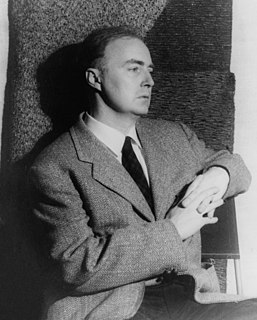A Quote by Tony Kushner
Plays can outlast even the opinions of the chief film critic of The New York Times and that reviews, although they feel devastating in the immediate moment, are not remotely as significant as the significance you endow them with on the day that they appear.
Related Quotes
Everything I learned and didn't do in New York I would put into place here in the London West Hollywood. It's fascinating, when you look at the critics' reviews, and we had a great one in the New York Observer and all that, and then the New York Times came and it was a devastation; two stars out of four. They said that I played safe because it wasn't fireworks. Then they judged the persona over the substance that was on the plate.
An American critic wrote that she would rather be forced to read the New York telephone directory three times than watch the film A Zed and Two Noughts, a third of which was a homage to Vermeer. Conceivably, if you are a list-enthusiast like me, the New York telephone directory might be fascinating, demographically, geographically, historically, typographically, cartographically; but I am sure no compliment was intended.
I feel the change. I feel the relationship with New York changing. It's a personal relationship you have with the city when you move there. I definitely romanticize the early 2000s. As much as I prefer the city then as opposed to now, I'm sure if I were 23 and I moved to the New York of right now, I could have the same exact experience. I don't really hate the cleaning up of New York, even though it's not my preferred version of New York.






































